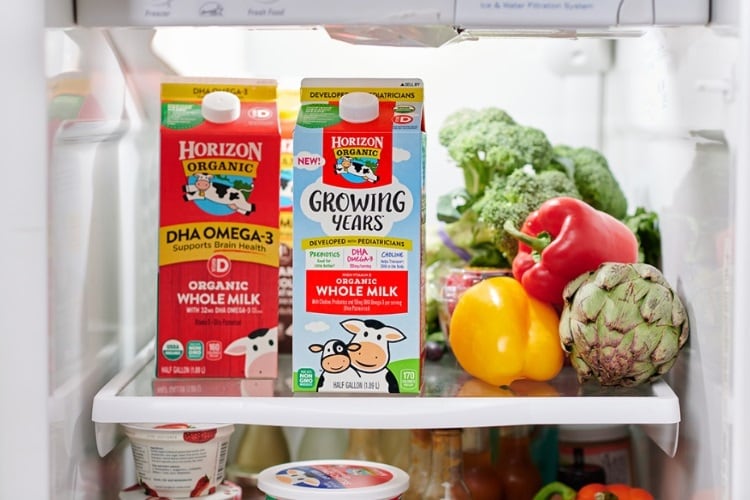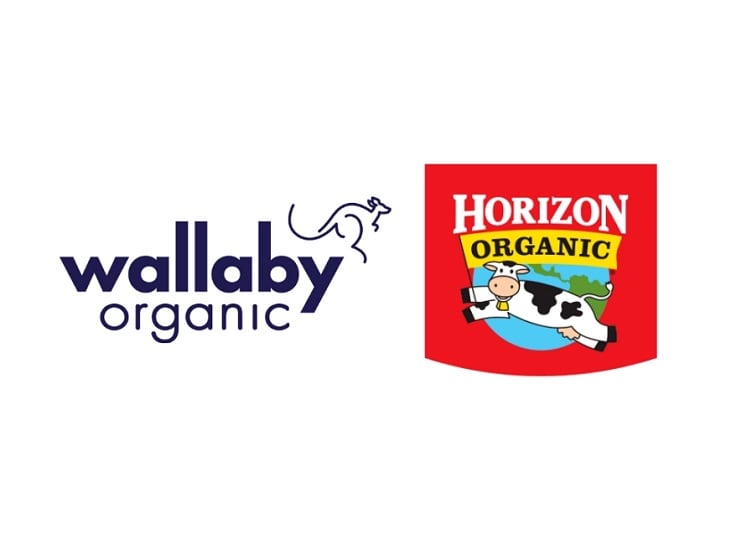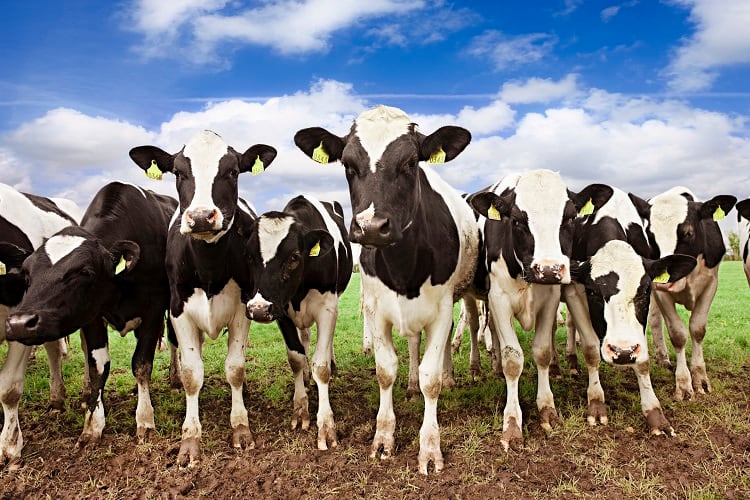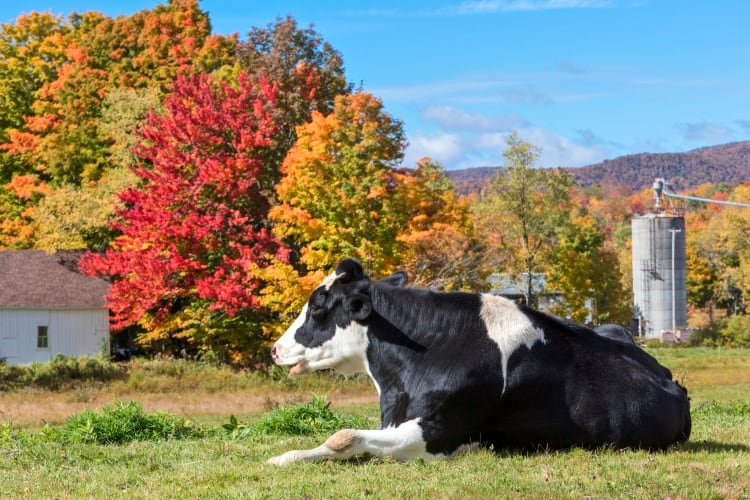Food and beverage industry veteran Patricial Stroup has joined the largest USDA certified organic dairy brand as chief operating officer (COO).
Stroup spent more than 18 years at Nestlé, most recently as the company’s global senior vice-president and chief procurement officer. She also led North American and global dairy procurement for the Swiss multi-national and has help leadership roles at Hilmar Cheese Company and Maryland & Virginia Milk Producers Cooperative Association. Before going into corporate, Stroup was a dairy farmer herself.
She holds a BA in communications with a cognate in Dairy Science from Virginia Tech, an MBA focused on Food and Agricultural Economics from Purdue University, and is currently pursuing a doctorate in organizational leadership.
At Horizon Organic, Stroup will be tasked with bolstering operational efficiencies, among other strategic duties such as improving engagement and reinvigorating the company’s brands.
In 2024, Danone sold Horizon Organic and Wallaby to investment firm Platinum Equity as part of a portfolio optimization drive. The organic dairy brands represented just 3% of the food major’s global revenues and had a dilutive impact on the company’s like for like sales growth and operating margin.
Stroup joins Horizon at a crucial juncture as the brand seeks to grow its influence on the US organic dairy market, a segment that’s experienced growth in recent years thanks to growing consumer interest in sustainable food and beverage options.
Organic dairy’s unique challenges
In 2024, sales of organic milk rose despite a contraction in farm numbers, according to a USDA report into the sector. Not surprisingly, sector data also showed that despite incurring higher feed costs, organic dairies received higher milk prices and experienced higher returns over operating costs compared to conventional farms.
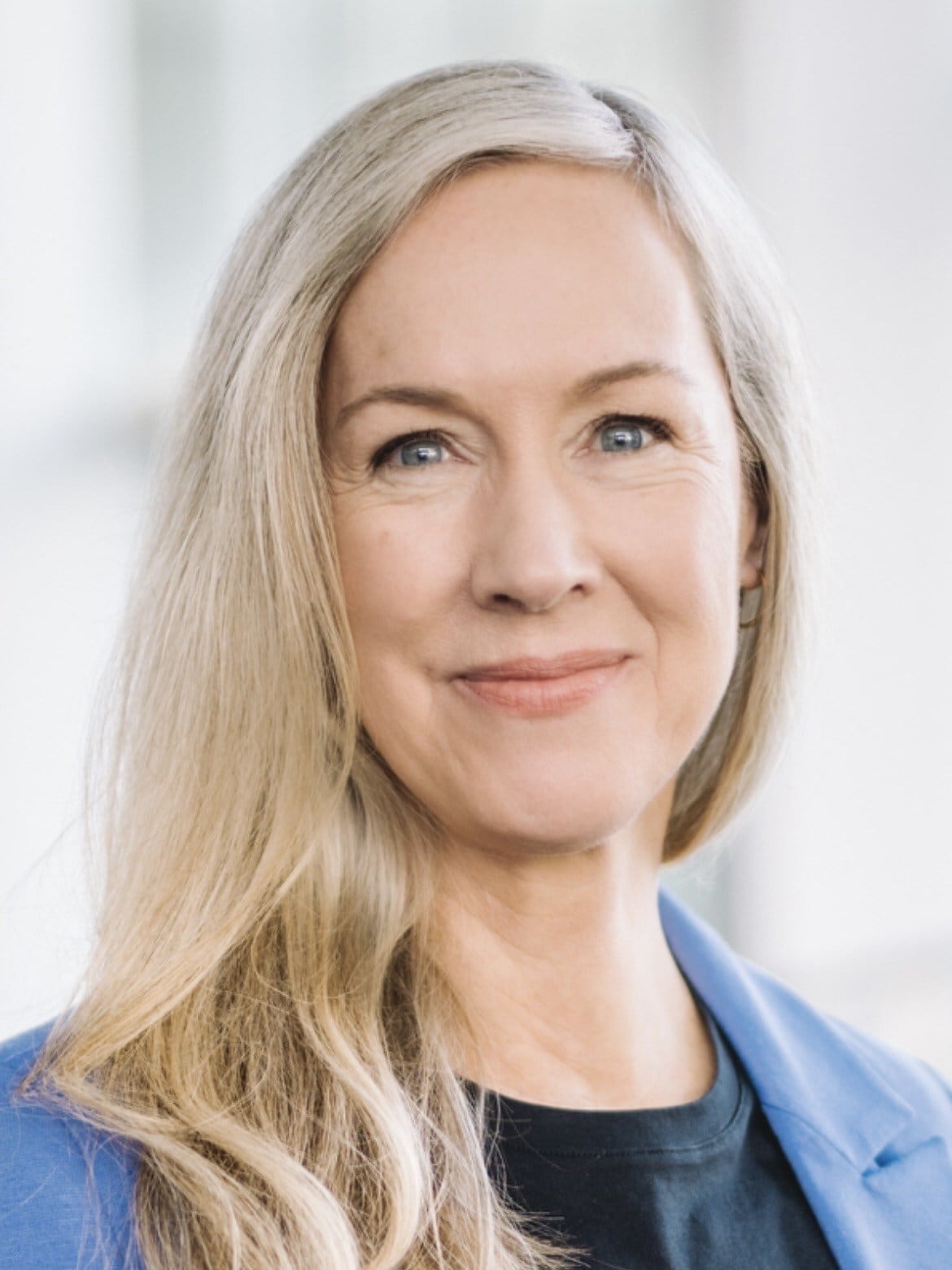
But the report also highlighted distinct operational nuances around the adoption of technology, management practices, and production systems between organic dairies in different regions.
Meanwhile, the cost of implementing many advanced technologies, management practices, and production systems tended to decrease as operation size increased due to efficiency or scale economies; meaning that larger farms were more likely to utilize advanced technologies and production systems.
So how does one join the dots to drive efficiencies?
“One of the biggest challenges continues to be managing the rising cost of organic feed, inputs, and labor while navigating market pressure to keep products accessible and competitively priced,” Stroud told us. “Operationally, this is a delicate balance. Especially as inflation and climate-related disruptions add strain across the supply chain.”
‘Building resiliency is essential’
A dairy product’s organic status plays a major role in consumer sustainability perceptions, too, an important aspect in marketing, as 27% of shoppers seek out retailers that carry sustainable products, according to Circana (the share rises to 32% among younger consumers, the market intelligence agency says).
But reducing the impact of greenhouse gas emissions such as enteric methane is trickier: since organic farming inherently prohibits farmers from adopting management practices such as methane-suppressing feed additives, leaving producers to rely on regenerative farming and manure management as the main tools in their arsenal.
“From a sustainability standpoint, building resiliency into our systems continues to remain essential,” Stroup told us. “Weather variability, water stress, and shifting growing conditions all impact feed availability and farm productivity, and they require forward-thinking strategies to adapt and thrive.”
She added: “As COO, I take an end-to-end view of operations, which means sustainability isn’t a separate initiative, but instead, it’s integrated into how we source, produce, and deliver our products.
“I am working together with our sustainability experts to drive meaningful innovation which includes supporting our farmers, reducing our footprint, and building a more resilient, purpose-led business that delivers on both sustainability and performance for our consumers.
Patricia Stroup, Horizon Organic
She is also leaning on that procurement experience to optimize how the company works, from farm to reaching the consumer.
“Procurement is uniquely positioned as one of the only functions that touches nearly every aspect of the business,” Stroup told us. “And, one of the most important aspects is that it consolidates and actions value, not just money, across the business.
“In thinking about how to create long-term supply strategies, topics like evolving consumer preferences, supply reliability, product quality, weather risk, community perceptions, upstream supply risk, etc., are part of that value calculus.”
Strategic partnerships
Figuring out how to solve problems by partnering with farmers and other industry stakeholders will be another major part of the puzzle. One of Stroup’s main tasks for example will be to establish strategic partnership to unlock resources, data and innovation – whether aligning with tech providers, research institutions or other players along the value chain. That way, ‘we can develop tools and processes to help us all do our jobs better, from farm to consumer,’ she explained.
“Partnerships help translate big-picture goals into on-the-ground impact. For example, we can partner with our farmers to accelerate solutions, whether it be for sustainability improvements or production efficiencies like methane reduction, climate-smart practices, and energy efficiency.”
Brand innovation
Stroup will also have a role in improving Horizon Organic’s brands – though her work begins from solid foundations, she insisted. “Consumers have grown to love and trust Horizon Organic – two generations of families – and counting – have grown up on Horizon Organic milk,” Stroup said, adding that the company has a presence in plain milk as well as functional, with both DHA-fortified options and lactose-free versions.
Horizon Organic’s range - from milk to butter, cream and much more beyond - is synonymous with the brand’s bold red packaging; but in 2025, tradition needs to met value-added propositions to propel Horizon to the next level.
“We are focused on the innovation that has brought us the most success, such as value-added nutrition products like our Growing Years organic milk,” Stroup said. “In addition, we’re focused on driving growth on our Grassfed milk, as well as our shelf-stable, single serve options.
“We see growth in the Lactose Free category due to both new buyers and increased consumption, and we offer two products to fulfil this consumer need, including Whole and Reduced Fat (2%) Lactose Free milk.”

